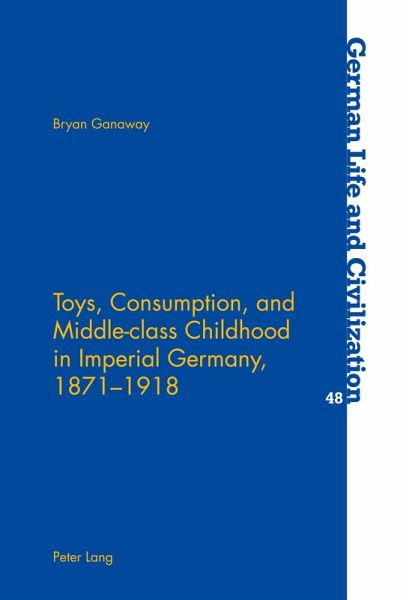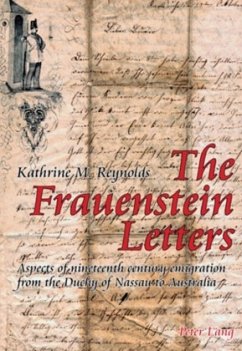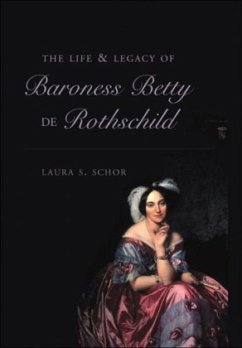
Toys, Consumption, and Middle-class Childhood in Imperial Germany, 1871-1918
Versandkostenfrei!
Versandfertig in 6-10 Tagen
77,40 €
inkl. MwSt.

PAYBACK Punkte
0 °P sammeln!
Drawing on a variety of techniques from history, anthropology and literary criticism the author argues toy consumption helped adults negotiate the transmission of middle-class values regarding modernity, technology, gender roles and nationalism to their children. Practices of consumption permitted self-fashioning from above and below; women used their control over childhood to insert themselves into political debates about the future shape of the nation at a time when they lacked the vote. Although the project to build a middle-class utopia via shopping never succeeded, millions of Germans hap...
Drawing on a variety of techniques from history, anthropology and literary criticism the author argues toy consumption helped adults negotiate the transmission of middle-class values regarding modernity, technology, gender roles and nationalism to their children. Practices of consumption permitted self-fashioning from above and below; women used their control over childhood to insert themselves into political debates about the future shape of the nation at a time when they lacked the vote. Although the project to build a middle-class utopia via shopping never succeeded, millions of Germans happily bought toys at Christmas and birthdays showing their faith in the ability of modern society to make the world a better place. To understand why ordinary consumers made these choices, the book draws on a variety of sources including periodicals, trade journals, advertisements, pedagogical literature, memoirs, and toys.












